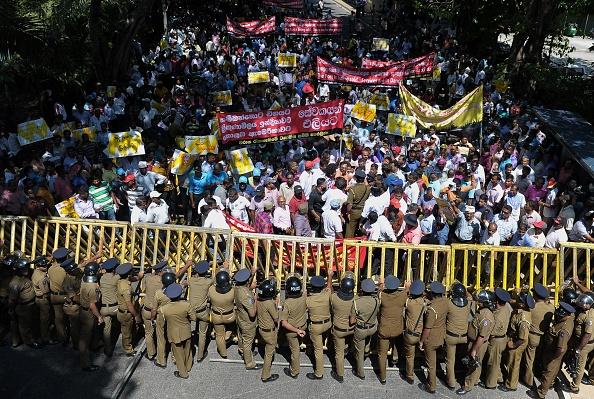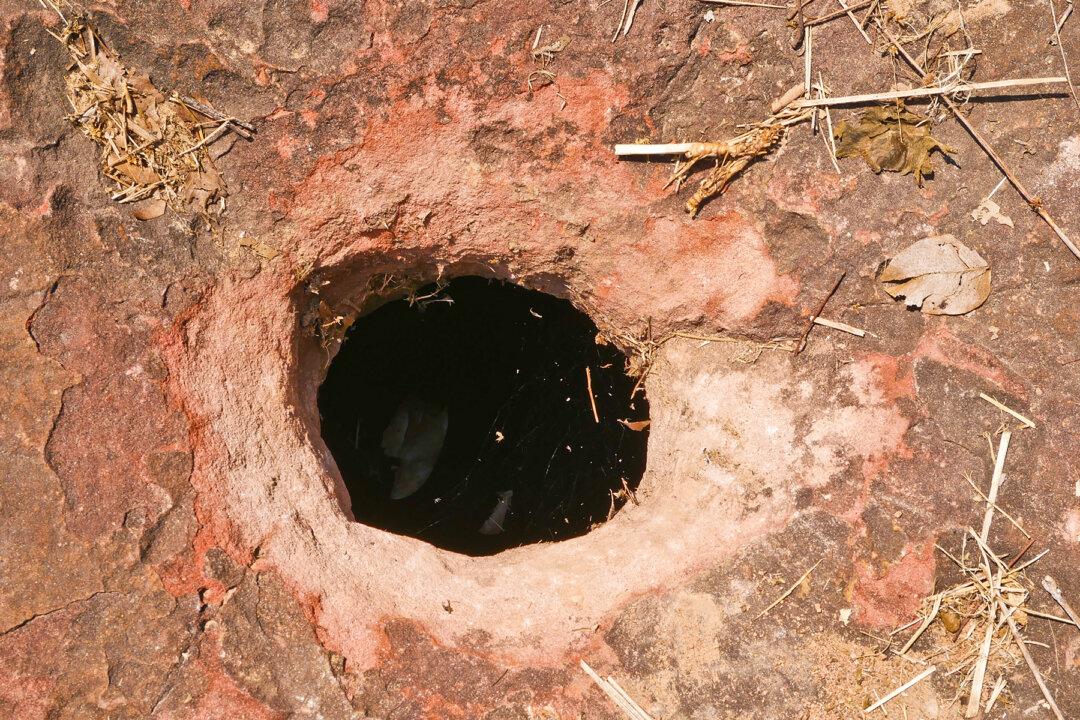Tens of thousands of protesters in Sri Lanka have recently taken to the streets, led by former president Mahinda Rajapaksa, to protest against the government for leasing an important port to China to pay off its huge debt.
Voice of America (VOA) reported on Sep. 6 that many large-scale anti-government protests took place on the streets of Colombo, Sri Lanka’s capital. They protested against the government’s corruption and its decision to lease the Hambantota port to China, demanding that the government step down.




